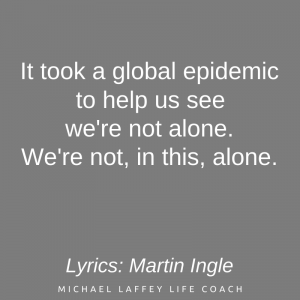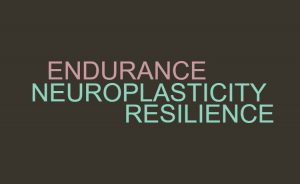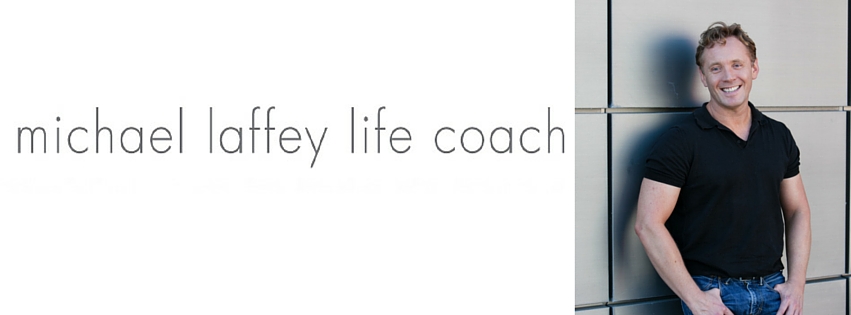for uncertain times > |Resilience and Endurance | What Are They?

When I originally wrote “Resilience and Endurance | What are they?” on 2nd March 2020, little did any of us know how quickly the world would change because of Coronavirus.
There is absolutely no doubt that this sudden disruption will have an effect on every aspect of life. The last week has shown shock, disbelief and responses by governments, front line workers and behavioural changes in extra-ordinary measures.
What follows is a recent piece I wrote about endurance and resilience. What are they really and how I’ve been working with them.
This feels relevant as we enter week 2 (in the UK, far longer for our friends in China and Italy).
Keep strong. You can and you will be.
Much Love and feel free to reach out.
Michael
Originally posted: 2 March 2020
I have to confess that over recent years there have been times when I’ve found it hard to know whether I’ve been enduring certain situations or if I’ve managed to be increasingly resilient.
Part of the struggle has been trying to define what is endurance and what is resilience.
I hope that for anyone who may have been struggling similarly that you might find the following useful. The purpose here is to share where I’ve come to with my thinking and mindset, so here goes…
ENDURANCE is when something is made hard or difficult for some reason or other
RESILIENCE is about how quickly we recover from adversity, and regain a sense of being grounded and purposeful about what we do and why we are doing it
In the moment it may be difficult to process the difference. I hope these two distinctions will be a useful reminder.
IT IS NOT SIMPLY ABOUT EITHER/OR, BUT AND
For me a key part of working through differentiating between endurance and resilience was to recognise that there’s a third component. It isn’t just as simple as comparing the two definitions.
That third component is NEUROPLASTICITY or, our brain’s mechanism to learn and adapt continuously.

NEUROPLASTICITY allows us to form patterns of behaviour between our actions, outcomes and emotions. It’s important to know that that process need not be fixed and that we have an amazing ability to adapt.
Think along the lines of words you may have heard before, “we are what we repeatedly do“, or “if you do what you’ve always done, you’ll get what you always got“.
In themselves, both of those phrases are quite neutral. They could be positive or negative in their meaning. They each remind us that our actions forge a path. We must be mindful of our thinking along that path; where it’s taking us and what it’s doing to us.
Think of a downward spiral you may have experienced at some point. Think about the actions, outcomes and emotional responses during that spiral. It may have included feelings of disappointment, emptiness or anxiety. Probably fuelled by certain circumstances and external events. This may have led to feelings of exposure, vulnerability and blurred options, the capacity for clear decision-making may have suffered while feeling that you do not having the fortitude to maintain the strength to forge positive actions to avert a further downward spiral. Something like, “What’s the point?”-thinking.
Now think of an upward spiral and imagine the levity that ensues from the positive feedback that starts with any action, then the outcomes and positive emotions knowing how hard you have worked, what it took to start, your own betterment, being a more relaxed and enjoyable person to be around for your loved-ones, your physical and mental wellbeing. You did it. You did something new or something better. You repeated small meaningful steps, nurtured self-kindness and patience. Today had some form or mental or physical win.
We have probably all experienced both of these negative and positive situations in some shape or form. Neuroplasticity allows us to recognise the difference between the two approaches and to want to adapt what we are doing to improve our outcome and our mindset.
ADAPTING TO CHANGE IS A HEALING PROCESS
Seeking out ways to improve our personal situation is a way of dealing with feelings of dis-ease, their negative factors and emotional pain.
Wanting and doing to make things better is part of a healing process to deal with negativity in all its forms. Every small win, every difficult step and every sense of achievement is a form of repair. It repairs what we thought we could not do yet we have proven to ourselves that we can. That self-belief, resilience and permitting periods of time to recognise that is an absolutely asset in difficult times.
e.g. Increasingly I am reminded of the ethos within Kitsugi pottery (the Japanese pottery you see with gold enhanced breaks within it). Kitsugi recognises beautify for its flaws. These flaws are an intrinsic part of who we are. We consist of unbroken parts and broken parts and the parts we seek to fix only enhance our beauty.
Neuroplasticity is itself a behaviour. It requires remaining open, being objective, compassionate and encouraging; creating a positive space while adapting our concept of what we assumed to have been perfect by accepting a reality that is different and part of our personal growth and healing.
With love.
RELATED
COVID-19 | The Step Change | Can we really go back to where we were before?
COVID-19 | Tip for productive studying and working from home
COVID-19 | An Extraordinarily Poignant Passover and Easter This Year


